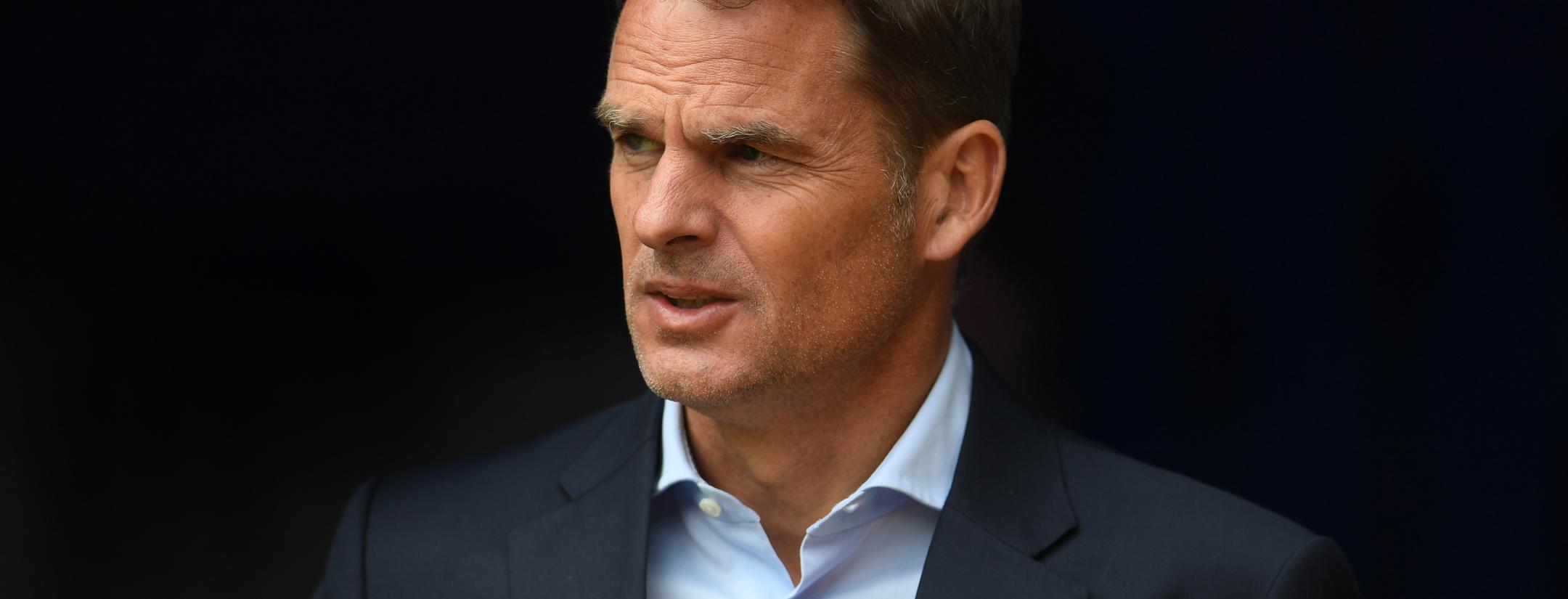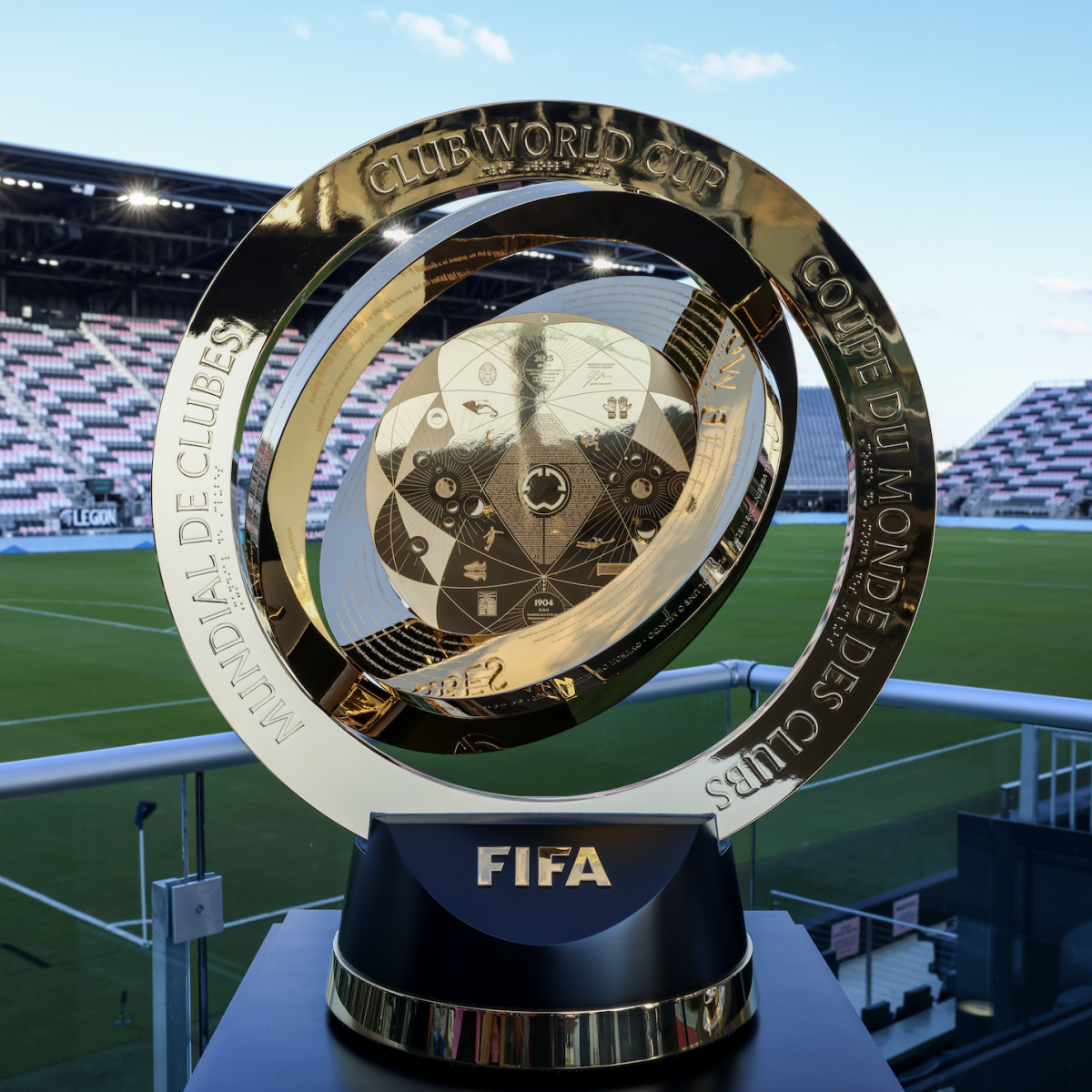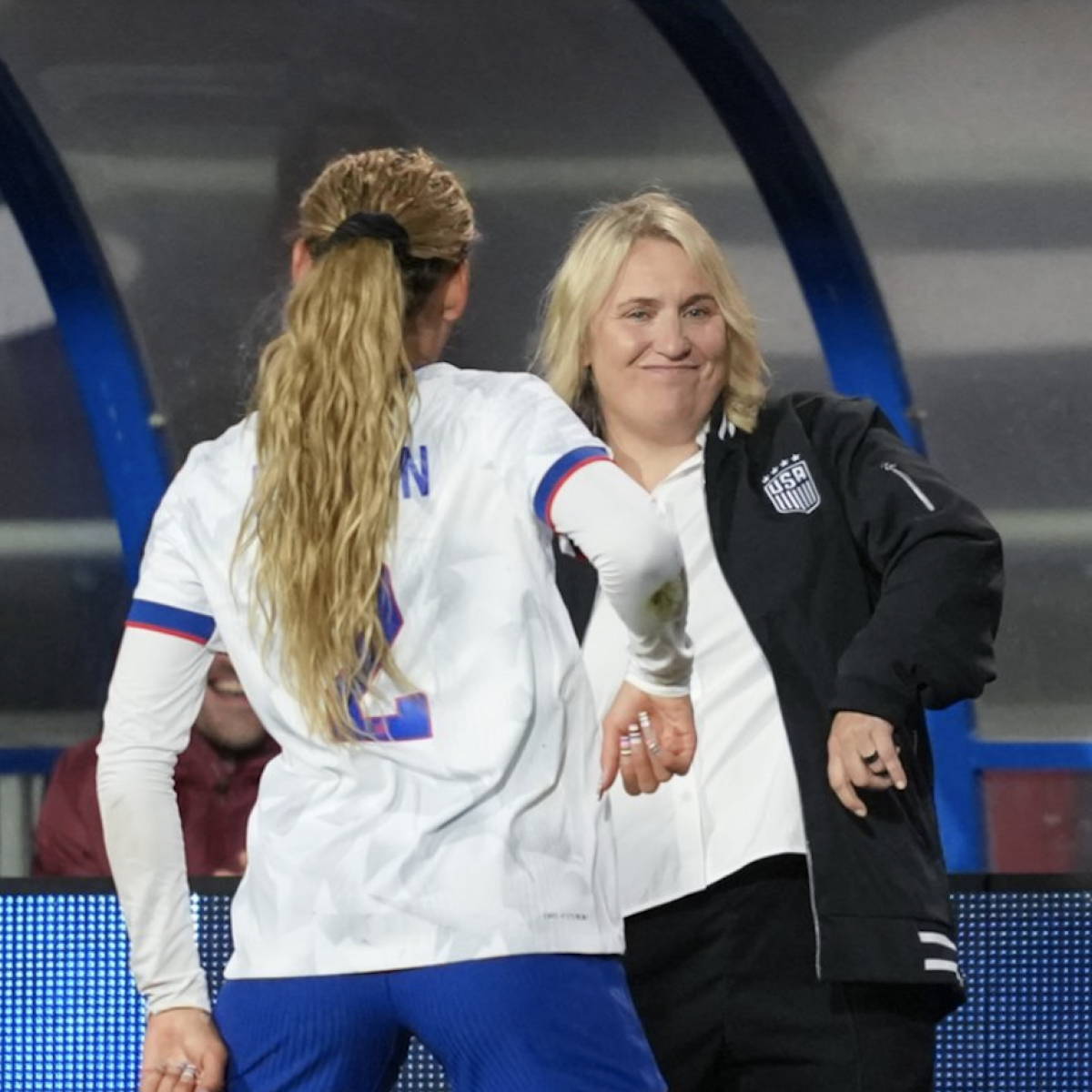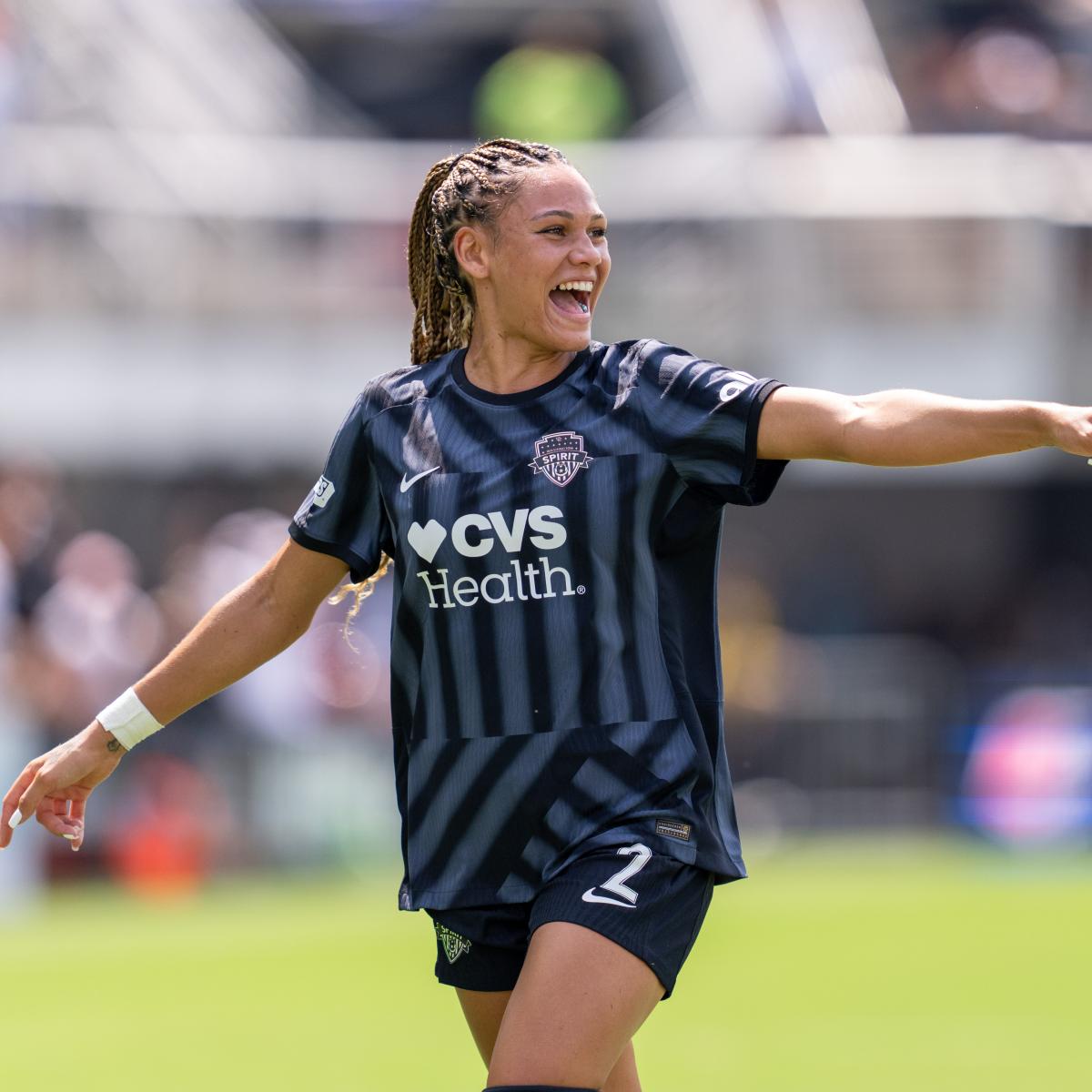Frank de Boer, manager of Atlanta United, has become the talk of the town after calling equal pay “ridiculous.”
In an interview with the Guardian he said:
“I think for me, it’s ridiculous. It’s the same like tennis. If there are watching, for the World Cup final, 500 million people or something like that, and 100 million for a women’s final, that’s a difference. So it’s not the same. And of course they have to be paid what they deserve to (earn) and not less, just what they really deserve. If it’s just as popular as the men, they will get it, because the income and the advertising will go into that. But it’s not like that, so why do they have to earn the same? I think it’s ridiculous. I don’t understand that.”
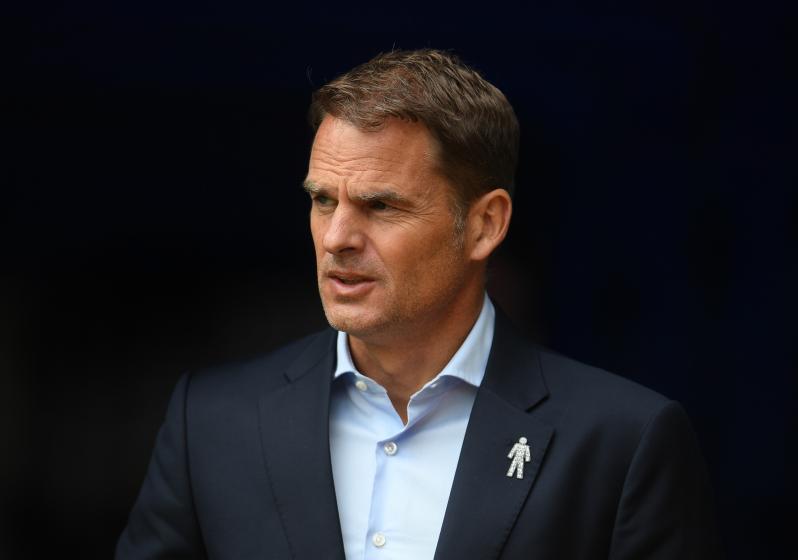
Frank de Boer. Photo: Getty Images
I'd be careful Frank, your bias is showing.
De Boer’s comments show not just a lack of nuance regarding the issue, but an overall lack of understanding. And unfortunately this is a popular opinion, albeit it’s one mostly shared among men. Too often people jump to conclusions without even trying to understand what the USWNT is fighting for and why they’re fighting for it (although I’d like to think this one is fairly obvious).
For example, de Boer made the assumption — because he clearly knows very little about what is really going on and hasn’t formed an opinion based on actual fact — that the only thing the women’s soccer team is fighting for is equal pay. He seems to have missed the fact that they are also fighting for equal treatment.
“But they are treated equally” you whine. How about the fact that just before the Women’s World Cup the French national team was kicked out of the national team training facility so the men’s team could use it to train for a friendly? No, no — don’t mind them preparing for the WORLD CUP, why don’t you just get yourselves ready for that friendly, it’s clearly more important.
This, sadly, is a story all too common among women’s soccer teams.
Let me first acknowledge the argument that payment is given based on the overall revenue generated during a game/tournament. For club games I understand that to a certain extent. The gap in generated revenue can be largely attributed to a lack of commitment to promote the men’s and women’s game equally. It’s not like the marketing for men’s soccer in the U.S. is anything special, so think about how horrible it is for the women’s side. What do you think the revenue would look like if people were actually exposed to the NWSL every once in a while? I think the conversation would shift.
Regardless, that argument should be a moot point if you look at FIFA paying international teams. FIFA is a non-profit organization — its goal isn’t to earn revenue. So why would a non-profit organization make payments based on profit? It wouldn’t, ... at least it shouldn’t. Not to mention the $2.7 billion they have in reserve; I’m no math wiz but that certainly seems like enough to pay the women’s and men’s side equal bonuses for both tournaments.
Darren Eales, a representative for Atlanta United, responded to the manager’s comments on 92.9 The Game saying: “Let me be clear from the start that this was Frank’s individual opinion on that topic. It certainly doesn’t reflect the position of the club. To be crystal clear, our club is now and always will be in supporting equality of strong values and lifting each other up.”.
Yikes. You know it’s bad when your own club not only fails to support you but outright objects to your statements.
I can only hope that the backlash from his comments will provide Frank de Boer with a reason to educate himself, to get to know the other side’s argument. And if he still disagrees? Fine. Not everyone is going to have the same opinion, but at the very least everyone, on all sides, should make an effort to understand what they are talking about before making lofty claims.
